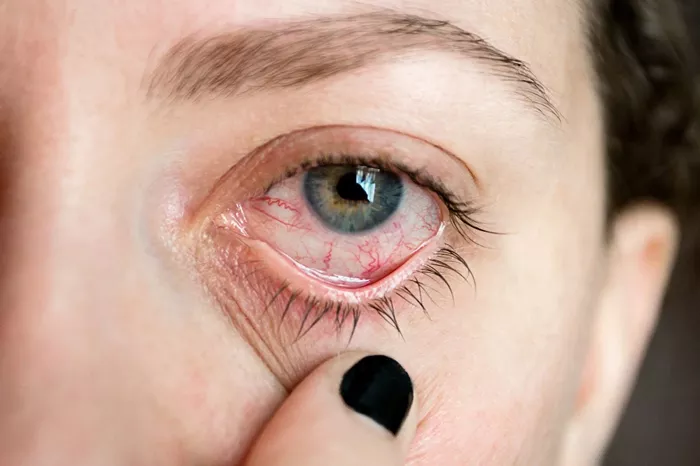A recent study led by researchers from Thomas Jefferson University has shed light on the eye’s ability to manage inflammation, particularly in the context of autoimmune uveitis, a condition that challenges the eye’s immune privilege and can damage healthy tissues. The findings are published in The American Journal of Pathology.
The eye is considered immune-privileged due to its need to protect its light pathways from blood vessels and inflammatory cells that could cause damage. This unique characteristic raises important questions about how the eye handles inflammation when it occurs.
Previous research by Dr. Sue Menko and her team at Jefferson had shown that immune cells can accumulate on the surface of the lens following acute injury or prolonged inflammation in other parts of the eye. This discovery raised further questions about the role these cells play in monitoring and potentially resolving inflammation.
The new study answers these questions by identifying the specific immune cells involved in this process. Researchers found that macrophages with an immunoregulatory phenotype and regulatory T cells (Tregs) are actively recruited to the lens surface during inflammatory episodes. These immunoregulatory cells play a crucial role in restoring balance and reducing inflammation, remaining on the lens until the inflammation subsides.
“Debunking the notion that the eye cannot manage its own health is significant,” Dr. Menko stated. “This research enhances our understanding of disease processes like uveitis and how they can be resolved. Maintaining a non-inflammatory state in the eye is vital for preserving vision, and our findings reveal that the eye possesses inherent mechanisms to achieve this.”
The study’s first author, MD-Ph.D. student Phuong Lee, collaborated with researchers from the National Eye Institute and George Washington University to explore these mechanisms.
The insights gained from this research emphasize the need to understand the eye’s natural defenses, which could lead to more effective treatment strategies for autoimmune uveitis. Future research by Dr. Menko will focus on identifying the mechanisms that recruit immune cells to the lens and the early warning systems that initiate this immunoregulatory response in uveitis and other inflammatory eye disorders.
Related topic:
How to Treat Pink Swollen Eyelid?
Can Hyaluronic Acid Injections Treat Eye Circles?


